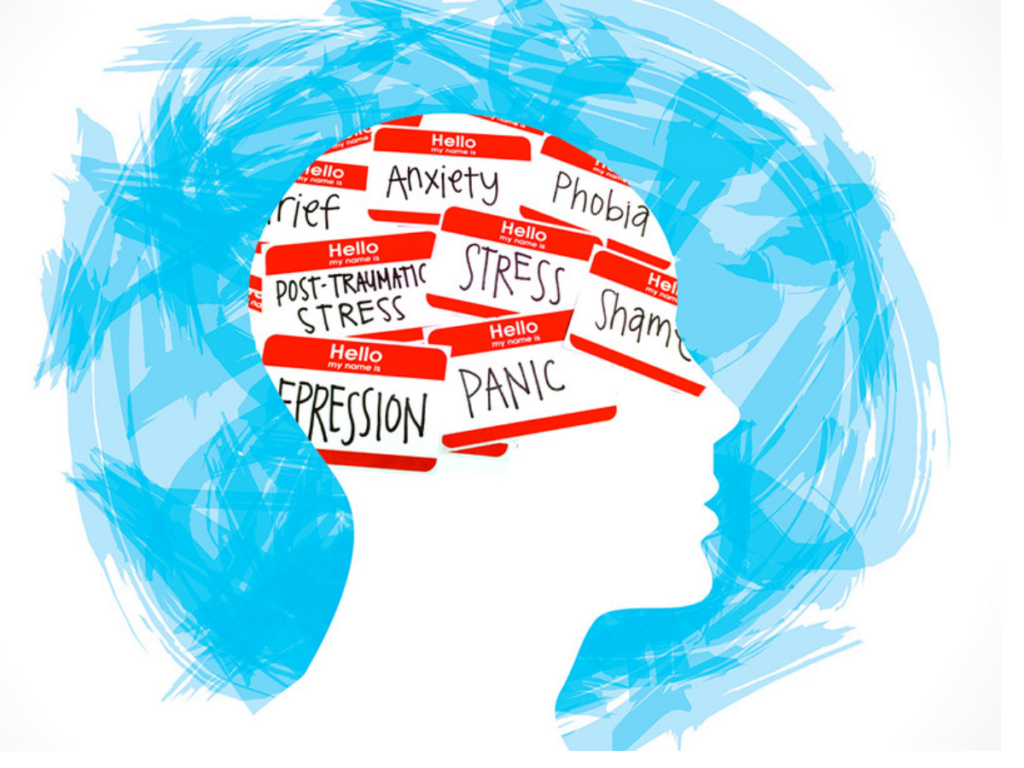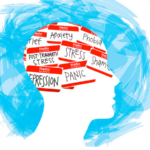
Ketamine, a drug once primarily associated with anesthesia and emergency pain relief, has undergone a remarkable transformation in its medical applications. Originally synthesized in the 1960s, ketamine has evolved from being a battlefield anesthetic to a groundbreaking treatment for various mental health disorders. Its journey from operating rooms to psychiatric clinics is a fascinating tale of scientific discovery, clinical adaptation, and medical revolution.
Origins of Ketamine: The 1960s and Anesthesia
The history of ketamine dates back to the 1950s when scientists were searching for a safer alternative to phencyclidine (PCP), which was known to cause severe hallucinations. In 1962, Dr. Calvin Stevens, a chemist at Parke-Davis, synthesized ketamine. Researchers quickly recognized its potential as a fast-acting anesthetic with fewer side effects than PCP.
By the late 1960s, ketamine was approved for use as an anesthetic, particularly in the military and emergency medicine. It became a valuable tool for battlefield surgeries during the Vietnam War due to its ability to induce anesthesia quickly without significantly depressing respiratory function. This made it especially useful in situations where mechanical ventilation was not readily available.
Ketamine in Emergency Medicine and Pain Management
Beyond its use in surgery, ketamine soon gained popularity in emergency medicine and pain management. It was widely used in hospitals for treating acute pain, particularly in burn victims, children, and individuals with severe trauma. Its dissociative properties allowed patients to remain conscious but detached from their pain, making it an effective choice for short-term pain relief.
Ketamine’s safety profile and rapid onset of action also led to its adoption in veterinary medicine, where it became a standard anesthetic for animals. However, its increasing availability outside medical settings eventually led to recreational misuse, which slowed its mainstream medical adoption for several decades.
The Discovery of Ketamine’s Antidepressant Effects
Despite its initial focus on anesthesia, researchers began to notice that ketamine had unique effects on mood and cognition. In the early 2000s, studies showed that low doses of ketamine produced rapid antidepressant effects, particularly in patients with treatment-resistant depression (TRD). Unlike traditional antidepressants, which take weeks to show benefits, ketamine provided significant symptom relief within hours.
The breakthrough study conducted in 2006 by Dr. Carlos Zarate and colleagues at the National Institute of Mental Health (NIMH) demonstrated that a single intravenous dose of ketamine could alleviate depressive symptoms in patients who had not responded to conventional antidepressants. This discovery sparked a wave of clinical research and renewed interest in ketamine as a psychiatric treatment.
Ketamine and Mental Health: A Paradigm Shift
Over the past two decades, ketamine has emerged as one of the most promising treatments for mental health disorders, including:
- Depression: Particularly for individuals with treatment-resistant depression (TRD).
- Anxiety Disorders: Some patients report significant reductions in chronic anxiety symptoms.
- Post-Traumatic Stress Disorder (PTSD): Used in controlled settings to help individuals process trauma.
- Obsessive-Compulsive Disorder (OCD): Studies suggest potential benefits in managing compulsive behaviors.
- Suicidal Ideation: Rapid relief from suicidal thoughts, making it a critical tool in emergency psychiatric care.
Ketamine works differently from traditional antidepressants, which typically target serotonin and norepinephrine. Instead, ketamine affects the glutamate system, leading to increased neural plasticity and the formation of new synaptic connections in the brain. This mechanism is believed to play a key role in its rapid antidepressant effects.
The Rise of Ketamine Clinics and Nasal Spray Formulation
Recognizing the potential of ketamine, the U.S. Food and Drug Administration (FDA) approved esketamine (Spravato), a nasal spray formulation of ketamine, for depression treatment in 2019. Unlike intravenous (IV) ketamine, which requires specialized administration, esketamine can be administered in outpatient settings under medical supervision.
As a result, ketamine infusion clinics have grown in popularity worldwide, offering hope to patients who have struggled with conventional treatments. These clinics provide carefully monitored ketamine therapy sessions, ensuring patient safety while maximizing the drug’s therapeutic benefits.
Challenges and Future Directions
Despite its success, ketamine treatment is not without challenges. Some concerns include:
- Long-term effects: More research is needed to fully understand the long-term impact of repeated ketamine use for mental health.
- Accessibility and Cost: Ketamine therapy can be expensive and is not always covered by insurance.
- Potential for Misuse: As with any psychoactive substance, there is a risk of dependency and recreational abuse.
Nonetheless, ongoing studies are exploring new formulations, personalized dosing strategies, and combination therapies to enhance the safety and efficacy of ketamine treatment. As research progresses, ketamine may pave the way for a new era in psychiatric care.
Summary
From its origins as an anesthetic to its modern role in treating depression and other mental health conditions, ketamine has come a long way. Once primarily used in operating rooms and emergency settings, it is now offering hope to individuals struggling with severe mental illnesses. With rapid effects and a unique mechanism of action, ketamine continues to revolutionize psychiatric care.
For those considering ketamine therapy, seeking guidance from a qualified psychiatrist is essential. Dr. Neha Gupta, a leading psychiatrist in Pune and PCMC, specializes in innovative mental health treatments, including ketamine therapy. Recognized as the best psychiatrist in Pune and PCMC, Dr. Neha Gupta is dedicated to providing compassionate care and evidence-based treatments for patients dealing with depression, anxiety, and other mental health disorders.
If you or a loved one is exploring ketamine treatment options, consult Dr. Neha Gupta today for expert advice and personalized care.




